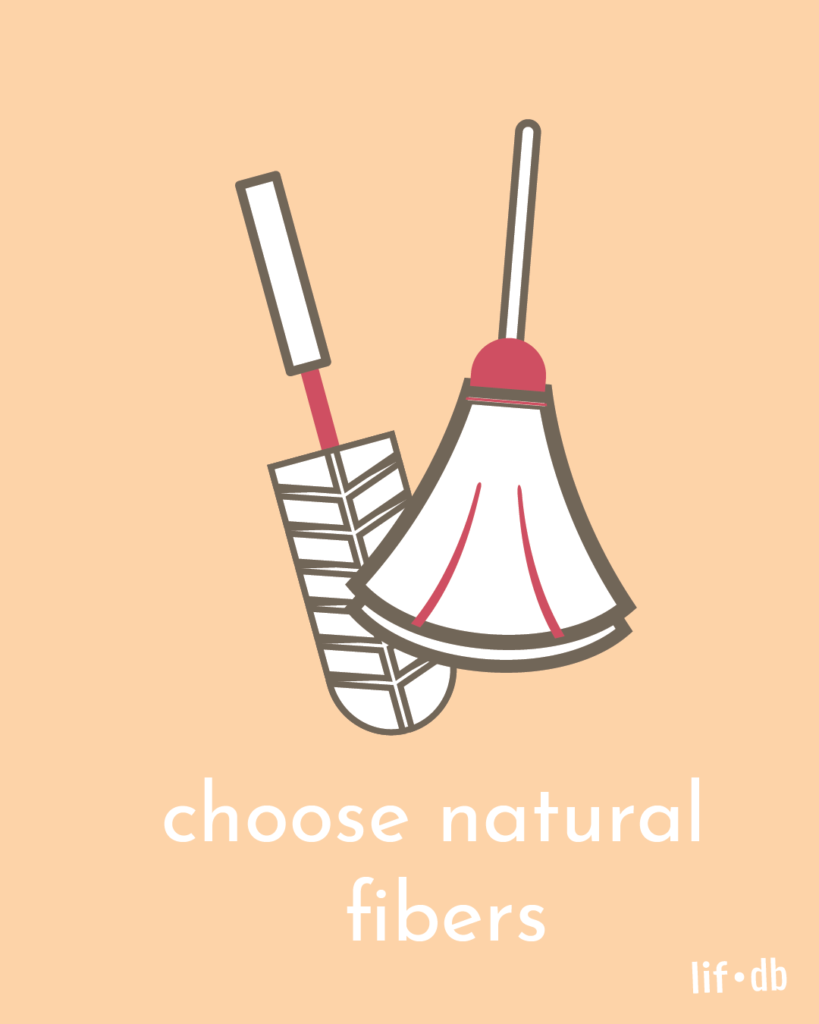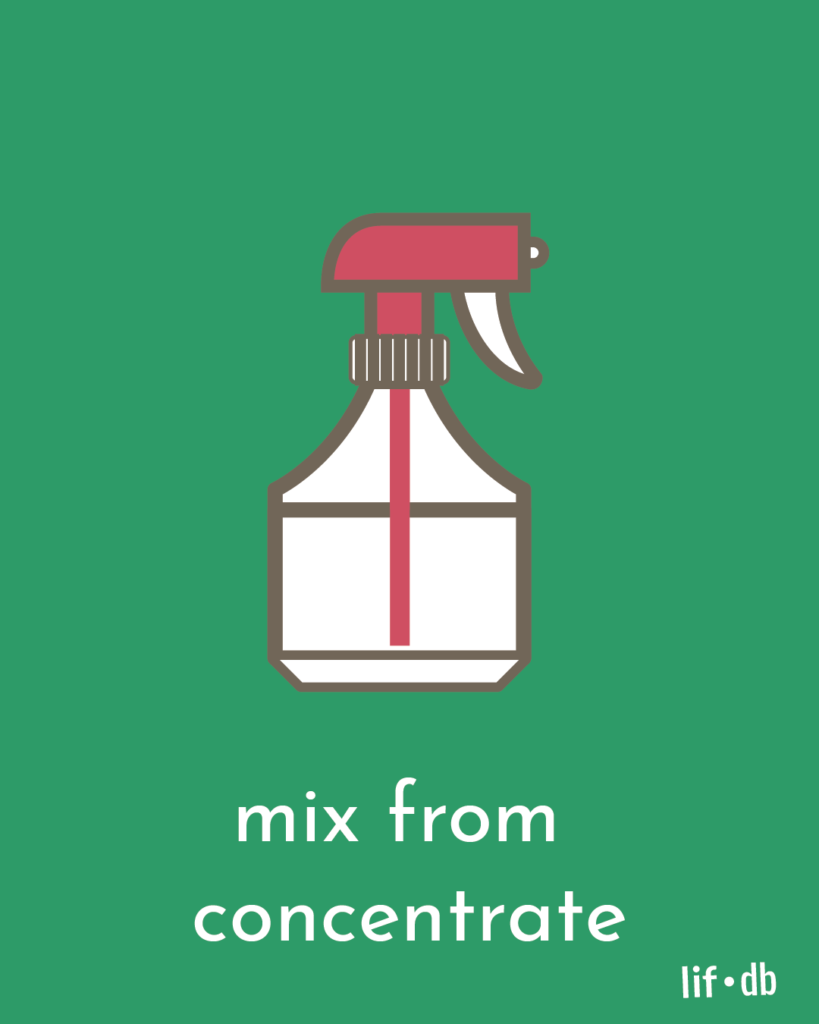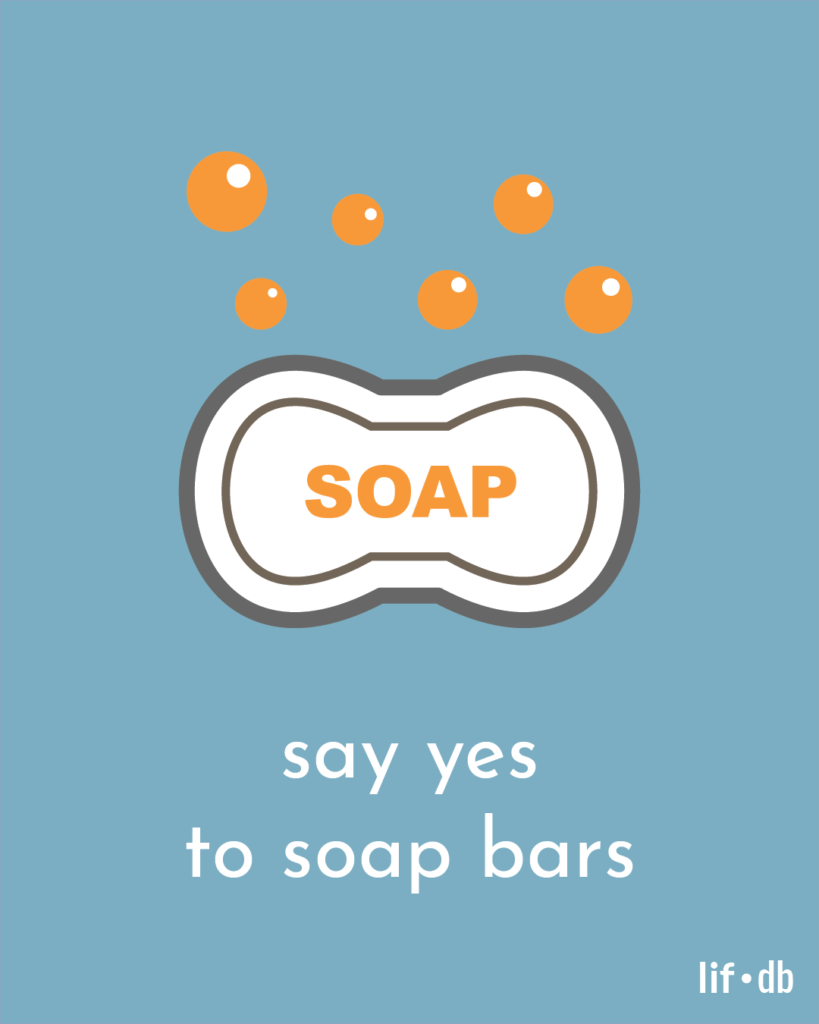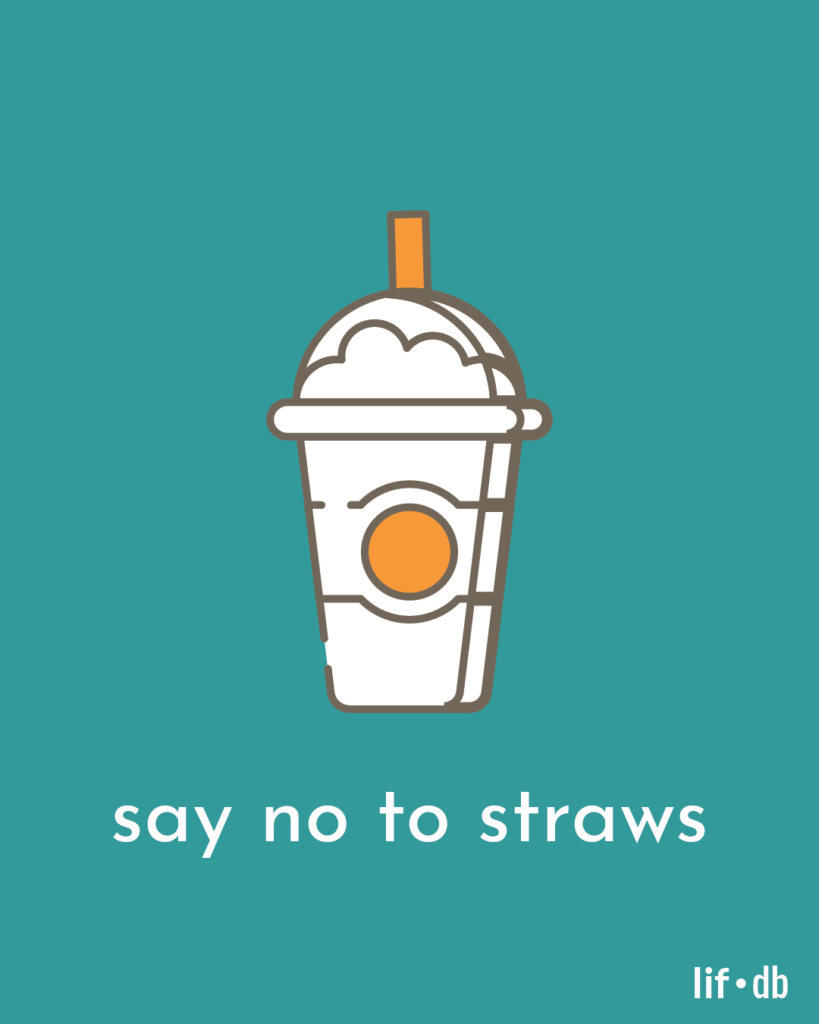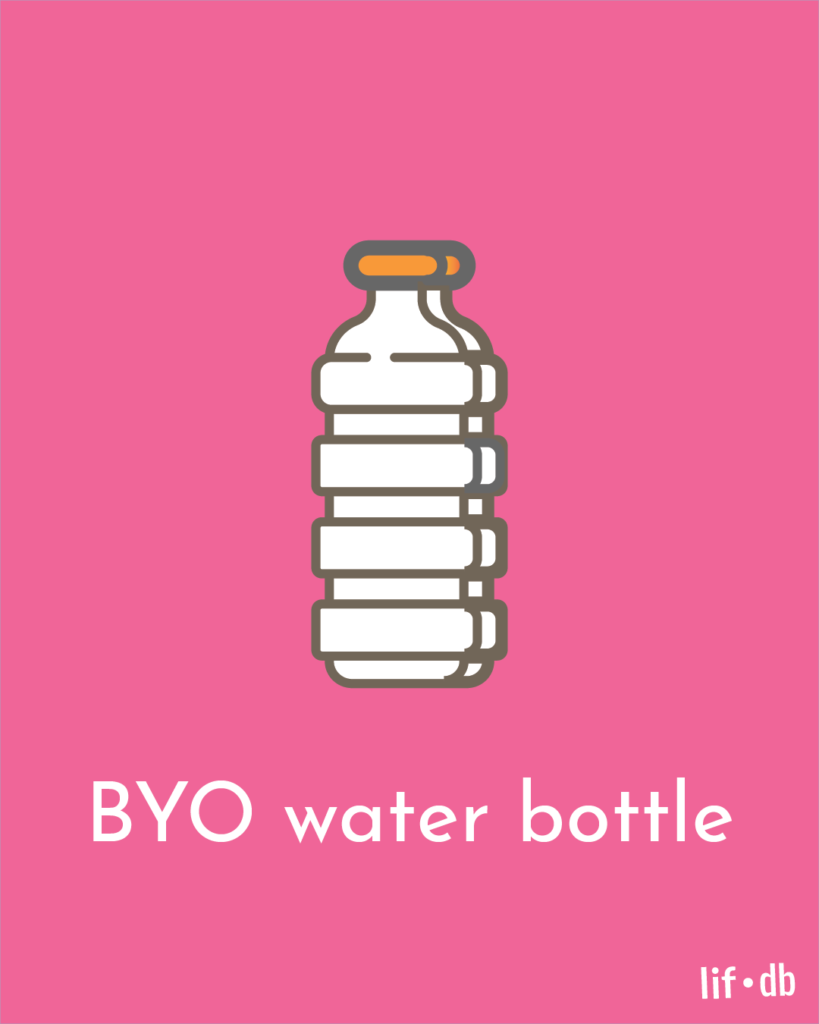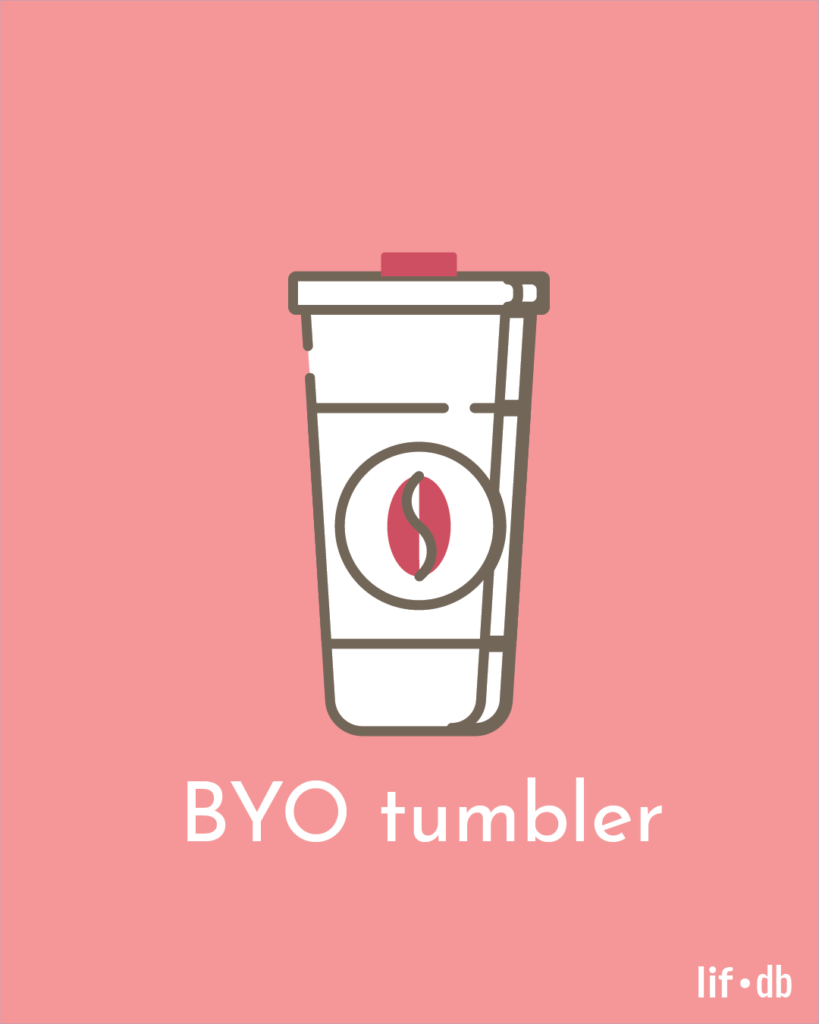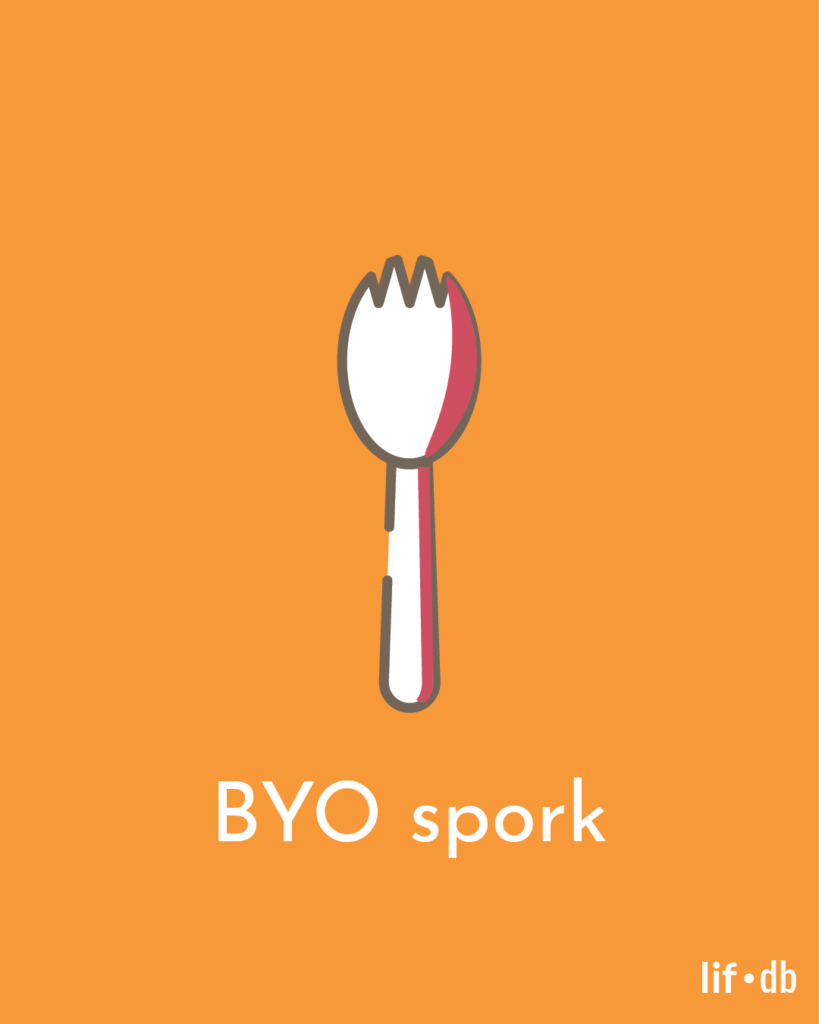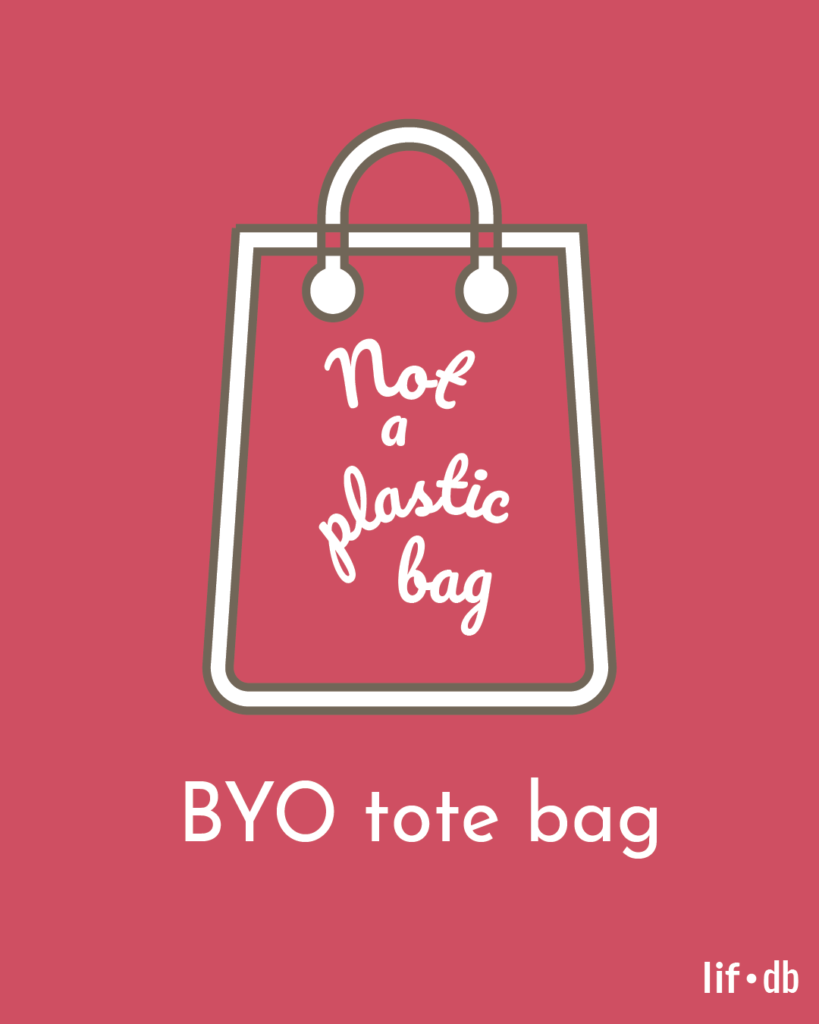Here’s a story:
In Mumbai, India, a young lawyer named Afroz Shah moved to his new flat and saw plastic on the beach about 5.5 feet high. He and his neighbor began cleaning the beach in 2015. Eventually, more than 1,000 volunteers joined him and in 21 months, they collected more than 116 million pounds of trash spanning 1.5 miles of beach. What Shah calls “dates with the ocean” happens during the weekend. It’s a simple plan: pick up trash regardless of who it belonged to.It’s estimated that “18 billion pounds of plastic waste flows into our oceans every year from coastal regions and 40% of plastics produced is for packaging.”
The problem is enormous and an individual looking at this issue can feel helpless or even feel taken advantaged of if you think you’re doing more than the rest. These leads to statements such as:
I’m only 1 out of 7.7 billion. Why should I bother?
Even if I’m reducing my plastic waste, it doesn’t mean the rest of the world is going to make the same behavioral change. Why should I?
It’s these types of feelings that lead to the free rider problem. We all know that we benefit from the oceans, but because our oceans are a part of the public goods, as individuals, we don’t feel obligated to take care of them.
We’re just hoping that the rest of the 7.7 billion will find a way to solve the problem.
But the Versova Beach Cleanup shows us that we can overcome the free rider problem.
Lessons & Mantras
One person can make a difference.
Commit to do what you can, no matter how small.
Yes, even those who don’t put in the effort will enjoy the benefits of what you do, but so will you.
Feel good about your efforts. Dramatic results are sure to come in the future.
This is a privilege–not a sacrifice. You get to do this for planet earth. That’s lucky!
You don’t have to start a massive cleanup like Shah to protect our oceans from plastics and trash, but we can certainly start at home and with the choices we make. I know it’s easy to get discouraged, but say this:
One less plastic daily and all is coming.
Facts
